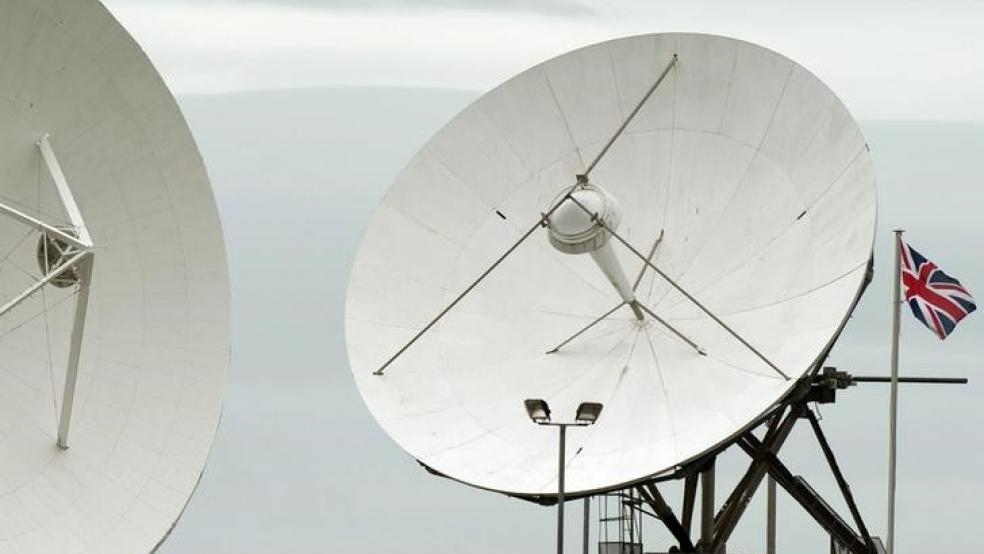LONDON (Reuters) - Britain will need to amend its law allowing for sweeping powers to carry out mass digital surveillance after a court ruled on Tuesday that previous legislation was illegal, civil rights campaigners said.
London's Court of Appeal backed a challenge led by lawmaker Tom Watson, deputy leader of the opposition Labour party, that it was not lawful to access personal data such as internet use and phone records where there was no suspicion of criminal activity or where there was no proper oversight.The ruling referred to an emergency law passed in 2014 but its capabilities were incorporated into the more wide-ranging Investigatory Powers Act (IPA), called the "Snoopers' Charter" by critics, which came into force last year."This legislation was flawed from the start," Watson said in a statement."The government must now bring forward changes to the Investigatory Powers Act to ensure that hundreds of thousands of people, many of whom are innocent victims or witnesses to crime, are protected by a system of independent approval for access to communications data."Britain has been at the forefront of a battle between privacy and security since former U.S. security agency contractor Edward Snowden leaked details of mass monitoring tactics used by U.S. and British agents in 2013.The IPA gives the authorities broad surveillance powers which they say are vital to protect the public from criminals, pedophiles and terrorism. Critics argue it grants police and spies some of the most extensive snooping capabilities in the West.In 2016, the Court of Justice of the European Union (ECJ) ruled that the mass retention of data was illegal and that violating people's privacy could only be justified by the objective of fighting serious crime and access to data should be subject to prior review by a court or independent body.The British court on Tuesday agreed that accessing retained data without proper oversight or if there was no serious crime was inconsistent with EU law.In November, ministers announced there would be a consultation on new safeguards in light of the ECJ decision to ensure access to communications data was limited to investigations into serious crime.Britain's Security Minister Ben Wallace said the latest judgment did not change the way the authorities could detect and disrupt crimes."We welcome the fact that the Court of Appeal ruling does not undermine the regime and we will continue to defend these vital powers, which parliament agreed were necessary in 2016, in ongoing litigation," he said.However, campaigners argue the government's planned overhaul of the IPA does not go far enough."Yet again a UK court has ruled the government's extreme mass surveillance regime unlawful," said Martha Spurrier, director of civil rights group Liberty. "The latest incarnation of the Snoopers' Charter, the Investigatory Powers Act, must be changed." (Editing by Stephen Addison)Campaigners say UK surveillance powers must change after court ruling

KIERAN DOHERTY



